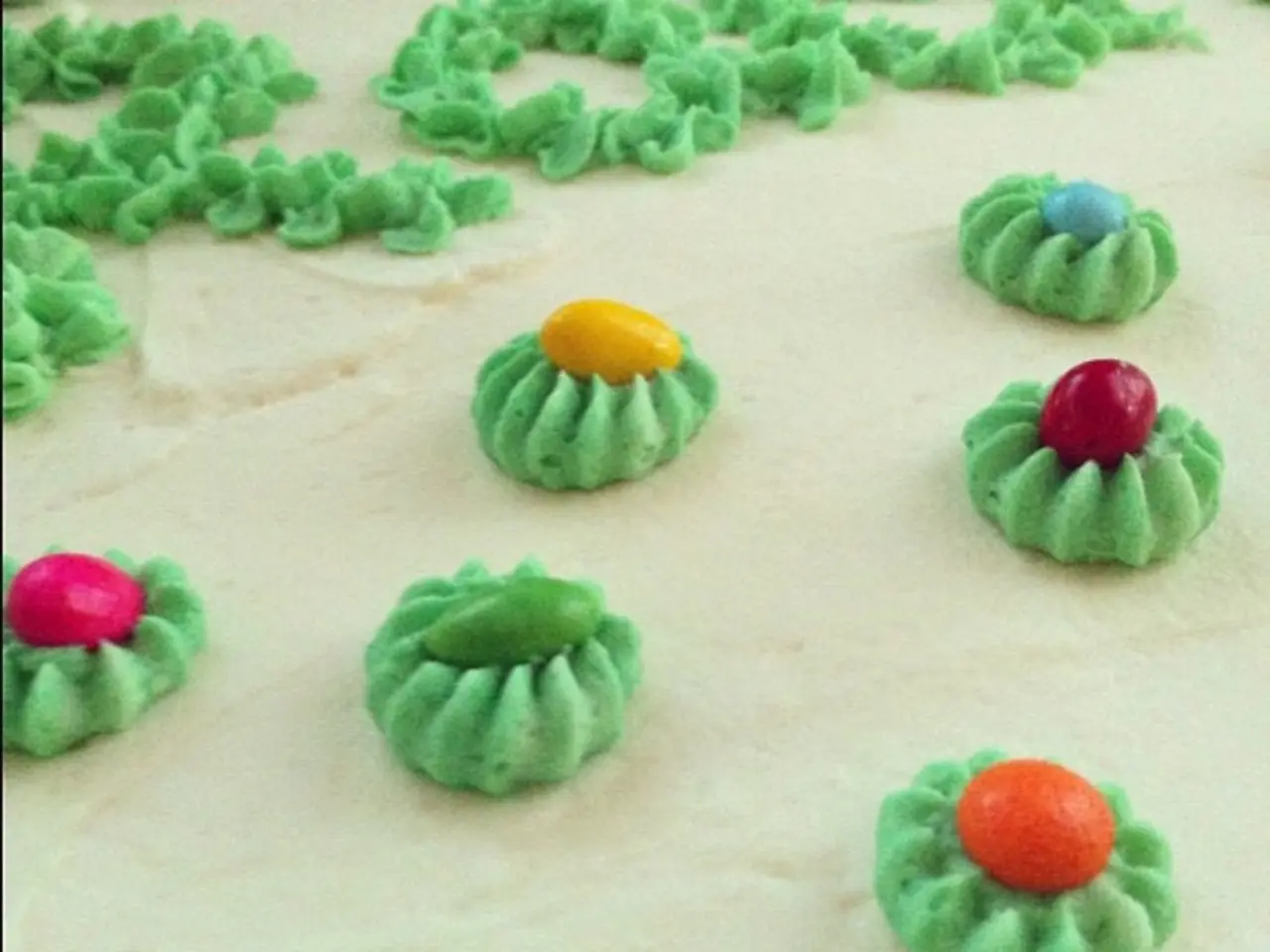Eczema treatment: Is an oatmeal bath effective?
Colloidal oatmeal, a finely ground oat grain product, has been used for centuries to soothe dry, itchy, and irritated skin, including eczema. This natural remedy, available at stores selling health and beauty products, is now backed by scientific evidence as a safe and effective adjunct to eczema treatment.
The American Academy of Dermatology suggests that colloidal oatmeal may benefit people with eczema due to its anti-inflammatory, anti-itch, antioxidant, and moisturizing properties. Several clinical trials have demonstrated that colloidal oatmeal products, such as creams and baths, improve eczema symptoms as effectively as prescription creams.
One small-scale study focused on a topical colloidal oatmeal cream for chronic hand eczema. After two weeks, participants using the oatmeal-based cream reported less itching compared to those using a non-oatmeal hand cream, supporting oatmeal’s anti-itch efficacy.
Mechanistically, colloidal oatmeal promotes the growth of beneficial skin bacteria, which can help maintain a healthier skin microbiome, potentially protecting against harmful bacteria that tend to be elevated in eczema lesions. This microbial balance may contribute to eczema symptom improvement by reducing inflammation and the risk of infection.
However, it is important to note that not everyone with eczema benefits from oatmeal baths. Some individuals may develop sensitivities or allergies to oat proteins, especially with frequent exposure, leading to potential worsening of symptoms. Eczema’s complex nature and individual variation mean oatmeal treatments should be considered cautiously and personalized.
To maximize benefits from a colloidal oatmeal bath for eczema relief, use lukewarm water, thoroughly mix the oatmeal in the water, soak for 10-15 minutes, rinse after bathing, towel dry gently, moisturize the skin immediately afterward, and be careful as oatmeal can make the bath slippery. To help the skin retain as much moisture as possible, take an oatmeal bath for eczema care and moisturize at night, before bed.
Regularly moisturizing can help manage eczema symptoms, and oatmeal, classified as an emollient, holds moisture against the skin. Colloidal oatmeal also restores the skin’s pH balance and protects against sun damage.
In addition to colloidal oatmeal, doctors may recommend nonsteroidal topical options for eczema, including calcineurin inhibitors, TPDE4 inhibitors, JAK inhibitors, and aryl hydrocarbon receptor agonists. It is crucial to seek medical attention if eczema rashes become infected, cause severe symptoms, or interfere with sleep.
Identifying and avoiding personal triggers for eczema flares can also help manage symptoms. Using only gentle, low pH skin cleansers, not soap, can further aid in eczema management. In the 20th century, oatmeal was widely used in skin care products, and manufacturers developed colloidal oatmeal.
Small studies show that children who took oatmeal baths for 1 to 3 weeks saw distinct improvements in their eczema symptoms. Another study found that 71% of participants with itchy skin problems saw their itching go away almost entirely after 3 months of taking oatmeal baths and washing with an oatmeal cleanser.
Oatmeal has been used to treat skin since Ancient Rome, and its antifungal properties continue to be a benefit today. Regularly moisturizing, taking warm oatmeal baths, and avoiding personal triggers can all contribute to effective eczema management.
- The American Academy of Dermatology suggests that colloidal oatmeal, a natural remedy, may benefit individuals with eczema due to its anti-inflammatory, anti-itch, antioxidant, and moisturizing properties.
- Clinical trials have demonstrated that colloidal oatmeal products, such as creams and baths, can improve eczema symptoms as effectively as prescription creams.
- One small-scale study found that participants using a topical colloidal oatmeal cream for chronic hand eczema reported less itching compared to those using a non-oatmeal hand cream.
- To maximize benefits from a colloidal oatmeal bath for eczema relief, users should immerse for 10-15 minutes, rinse after bathing, moisturize immediately, and protect against sun damage by maintaining a regular skin-care routine that includes emollients and gentle, low pH cleansers.
- Alongside colloidal oatmeal treatments, doctors may recommend nonsteroidal topical options, such as calcineurin inhibitors, TPDE4 inhibitors, JAK inhibitors, and aryl hydrocarbon receptor agonists, for eczema management.
- Identifying and avoiding personal triggers for eczema flares, along with regularly moisturizing, taking warm oatmeal baths, and using gentle, low pH skin cleansers, can all contribute to effective eczema management, a practice that has been utilized for centuries, from Ancient Rome to the health-and-wellness industry today.




